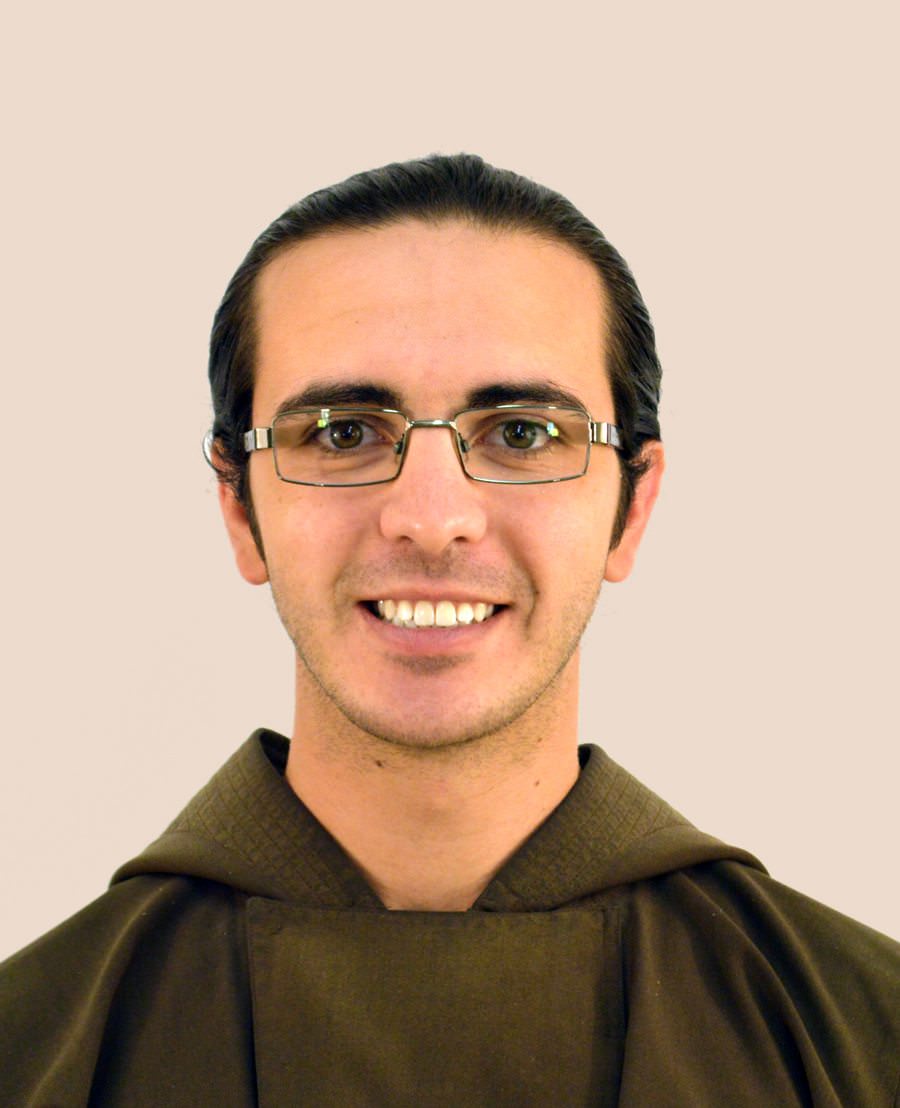Were You There: A Time to Expose, Implore, and Adore

Editor’s note: Brother Thomas Piolata, OFM Cap., offers a reflection on how Lent is a time to open our wounds to Christ in order to receive his grace and adore him.
“[T]he desert is the place of silence, of solitude…The desert is the place…which sets man before the ultimate demands…In putting aside all preoccupations man encounters his Creator.” –Joseph Ratzinger
Jesus’ days in the desert establish the Lenten experience for us: it is a time to enter into the desert. As such, it is the time to unveil one’s deep existential needs—to encounter the utter poverty of self. Just as the desert threatens biological life, so these elements of the self’s poverty can seem to threaten the whole of our spiritual life. How will I see the face of God in the depths of brokenness and wounds? Will I not, in the presence of such “hunger,” be “tempted by the devil?” (Lk 4: 2)
Perhaps it is right at that moment, however, that the voice of God is most apt to penetrate the heart: “In the beginning, when God created the heavens and the earth, the earth was a formless wasteland, and darkness covered the abyss…Then God said, ‘Let there be light,’ and there was light.” (Gen. 1: 1-3) A formless wasteland. Darkness. Why hide from our own wastelands and darkness—our poverty—when, in fact, those may very well be the precursor to divine speech, to light?
“The Lord is close to the broken hearted, saves those whose spirit is crushed.” (Ps. 35:19) The great French biblical scholar, Albert Gelin, put it nicely: “The poor become religious more easily than the rich, because they are less likely to be self-sufficient and consequently closer to God.” In the encounter with our poverty, Lent can put things into proper perspective: offering the opportunity to attend to our poverty offers the opportunity to turn to and find God anew.
I cannot help but think of St. Bonaventure, who offers a threefold model of prayer: expose, implore, adore. As he says, “in prayer, there are three steps or parts. The first is the exposition of misery; the second is the imploring of mercy; and third, the offering of worship.” He explains that we cannot worship without grace, and we cannot persuade God’s mercy to give grace, except by deploring and exposing our misery and need. In other words: expose, implore, adore. When we expose our misery and poverty, we welcome God, by whose very grace and mercy, we in turn adore. Praising God does not, therefore, involve the evasion of our filth, but the willingness to stand naked before God covered in it.
Expose, implore, adore. It is a rather apt Lenten exercise. For how can we be there with Jesus—in the desert and on the Cross—if we refuse to expose our needs and our wounds?
Reflection Question: what is a wound in your heart today that you can open to Christ’s light and peace?
Tagged in:


